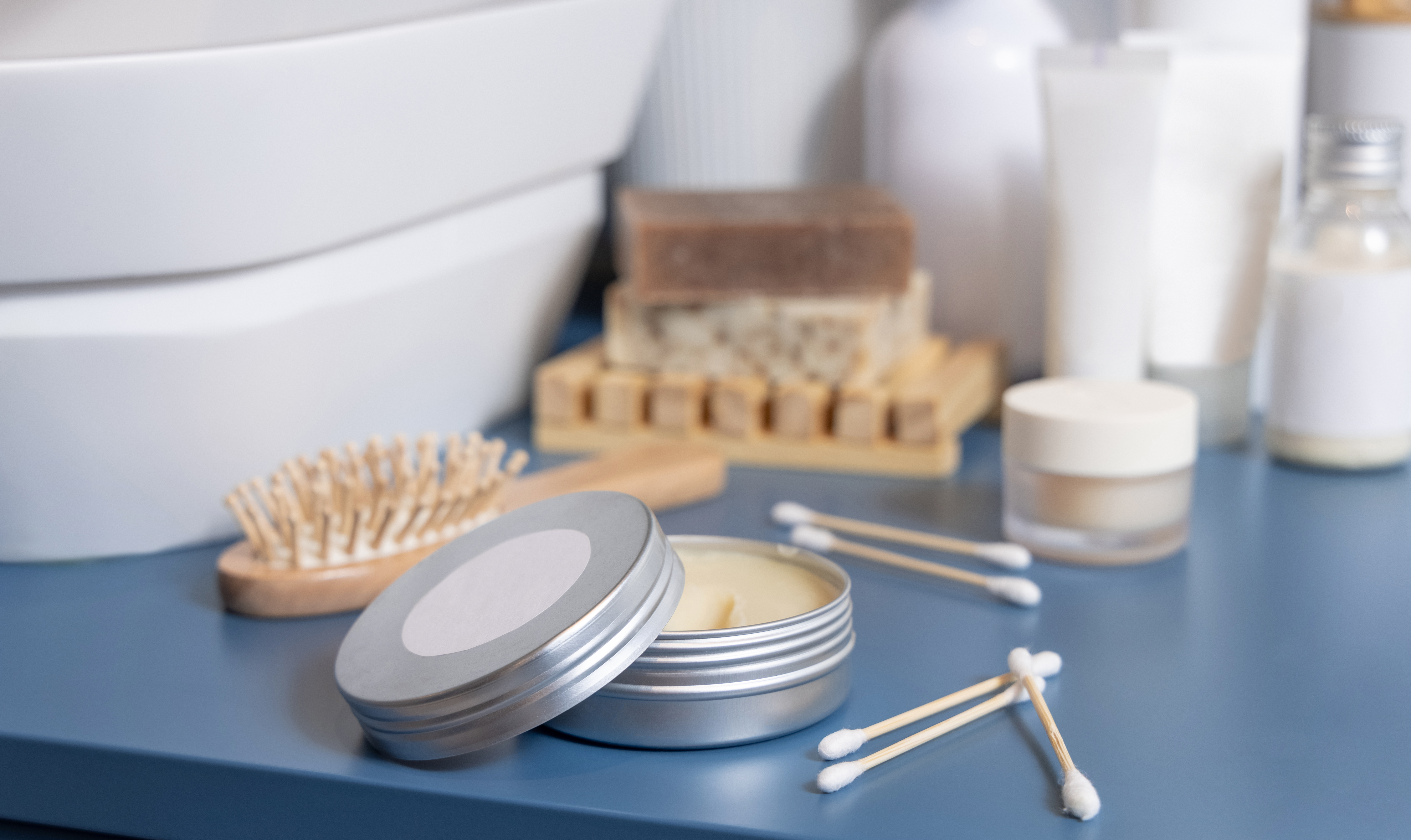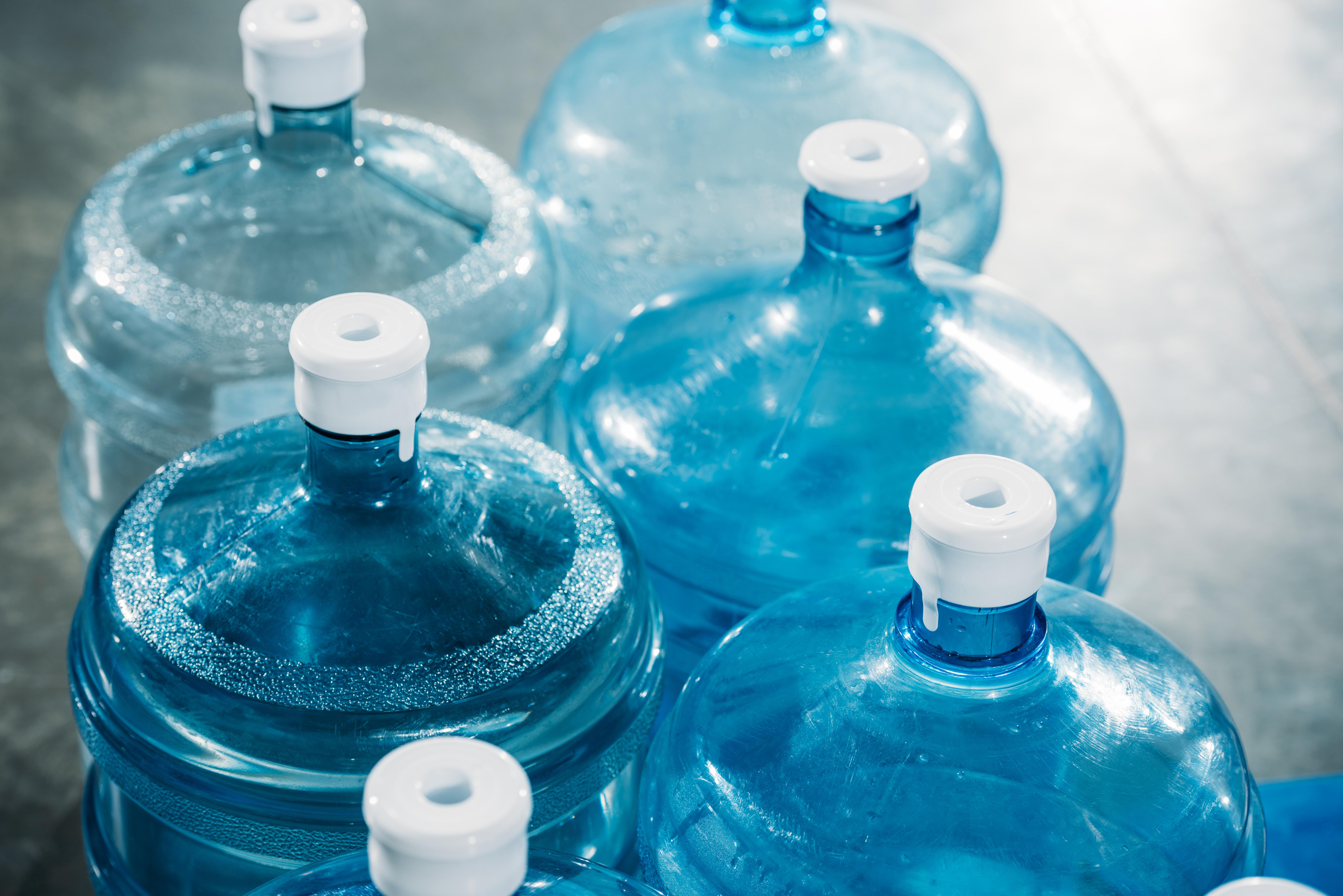12 Everyday Toxins Hiding in Your Home Secretly Sabotaging Your Hormones
Your home should be your haven—a place of rest, renewal, and refuge. But what if the greatest threats to your health aren’t outside your door, but hiding in plain sight? From scented candles to nonstick pans, a host of everyday items may be quietly disrupting your hormones without you even realizing it. These invisible intruders—known as endocrine disruptors—can interfere with everything from sleep and metabolism to mood and fertility. The most unsettling part? They’re often marketed as harmless or even helpful. In this guide, we reveal 12 specific toxins that may be sabotaging your hormonal balance, right from your kitchen, bathroom, or laundry shelf. But knowledge is power—and small changes make a big difference. By learning to spot and swap these offenders, you can reclaim control and create a truly safe, supportive environment. Because your home shouldn't just look clean—it should be clean, down to the cellular level.
1. Phthalates: The Fragrance Frauds

Phthalates are a group of chemicals commonly used to make plastics more flexible and are often found in products like cosmetics, personal care items, and even household cleaners. These compounds are notorious for their ability to mimic hormones, particularly estrogen, and can lead to disruptions in reproductive health and development. Despite their widespread use, the dangers of phthalates are often masked by appealing fragrances and attractive packaging. By understanding the sources of phthalates and opting for phthalate-free products, you can significantly reduce your exposure to these deceptive fragrance frauds.
2. Bisphenol A (BPA): The Plastic Predator

Bisphenol A, or BPA, is a chemical used in the production of polycarbonate plastics and epoxy resins, commonly found in water bottles, food containers, and even the linings of canned goods. This pervasive toxin is an endocrine disruptor that can mimic estrogen, leading to potential reproductive issues and increased risk of certain cancers. The insidious nature of BPA lies in its ability to leach into food and beverages, especially when containers are heated. By choosing BPA-free products and reducing the use of plastic containers, you can protect your hormonal balance from this plastic predator.
